KARACHI: The second day of the 14th International Urdu Conference organised by the Arts Council of Pakistan, Karachi began on Friday with a session on the contemporary Urdu novel. It was moderated by Syed Kashif Raza and presided over by Khalid Fateh Mohammad and Anwer Sen Roy.
Asim Butt was the first speaker of the day. Highlighting the importance of the novel, he said in the 21st century, 15 Nobel prizes given for literature have gone to novelists. It reflects the current trend in literature. He argued that the time we live in is marked by its fast-paced life. In such as a scenario, it would have been expected that poetry would be widely discussed but on the contrary it’s the genre of the novel which is the focus of attention. It is a meaningful development.
Mr Butt said over the years the Urdu novel has tried to align itself with the waves taking place in world literature. It needs to benefit from the novel written globally to a degree that it can go to because it will bring about newness or freshness (naey punn ka ujaal) to it. He gave the examples of the novels Aag Ka Darya and Khushion Ka Bagh as commendable efforts and also mentioned quite a few writers who are making their presence felt in Urdu literature.
Speakers discuss importance of the novel on the second day of Urdu Conference
Mohammad Hafeez Khan said our society is marked not by change but by commotion (bhonchaal). We often witness one literary crisis or another. The novel tells the story of a whole life which is why it’s important for a novelist to have an understanding of all disciplines [necessary to tell a story].
Mr Khan mentioned some important names — such as Mustansar Husain Tarar and Khalid Akhtar — pointing out that quality novels have always been written in our part of the world, but then touched upon the dismemberment of East Pakistan, which in his opinion caused society to suffer ‘mental autism’.
Rahman Abbas, who addressed the audience online from India, said it was only four or five days back that he was asked to write a thesis on literature produced by women writers for the conference. He then raised a few pertinent questions such as: is female consciousness different from human consciousness? He made the point that in history men have tried to subjugate women and have curtained their liberties.
After his speech, a book, Waqt Ki Baag,by Khalid Fateh Mohammad was launched. Speaking about the novel, Anwer Sen Roy said it is a must-read book.
The next speaker, who addressed the session online, was Siddique Alam from Kolkata. He perhaps read the most incisive paper of the day. He began by making an interesting remark that one could depend on fiction but not on fiction writers. He said there are more people buried in the ground than there are alive today. The world has never been an easy place to live in, and it is increasingly becoming complicated. “It wouldn’t be surprising if one fine day man turns into Kafkaesque cockroach.”
He also gave the example of poet Ted Hughes’ poem in which he has referenced the crow in the context of modern-day man.
Mr Alam said at least Kafka’s characters, at least, were able to create a new world for themselves. But it doesn’t seem to be the case with contemporary Urdu writers. “Today’s novel is dark,” he added.
Najiba Arif was the last speaker of the session. She said in the last 50 years the novel has attained more importance than poetry. She added that critics [of novels] need to investigate the creative process of a novelist.
Summing up the discussions, Khalid Fateh Mohammad said it was 150 years after Napoleon attacked Russia that Tolstoy wrote his novel. Our [Urdu] novelists write in haste. They should at least wait for 10 years for an event to absorb and become a novel.
Book launch
A book of short stories titled Muthi Bhar Kahaniyan by renowned Indian writer Javed Siddiqui was launched in one of the post-lunch sessions.
Speaking on the occasion distinguished Indian film-maker, lyricist and poet Gulzar, who joined in through a video link, said Mr Siddiqui is his dear friend. Whenever he finds an Urdu word in newspapers that he’s not familiar with, he phones Mr Siddiqui to know its meaning.
On his stories, he said they don’t just carry the stories of characters but contain the cultural atmosphere of Lucknow and Rampur. Through his tales he paints the picture of an entire culture.
Mr Siddiqui thanked the Arts Council for publishing his collection. He felt glad that the book was being launched by poetess Zehra Nigah who he called the First Lady of Urdu Literature.
He pointed out that apart from other human relations — blood, legal etc — he has discovered that there exists another equally powerful relationship which is to do with language — the Urdu language.
Talking about his stories, Mr Siddiqui said he doesn’t consider himself a writer because in terms of literary journey he is just 12 years of age. Still, he feels that through his tales tries to understand the intricacies of human relationships. He thanked Gulzar sahib for not just suggesting the title of the book but also for making its cover design.
Earlier, Mubin Mirza introduced the writer to the audience.
Published in Dawn, December 11th, 2021

















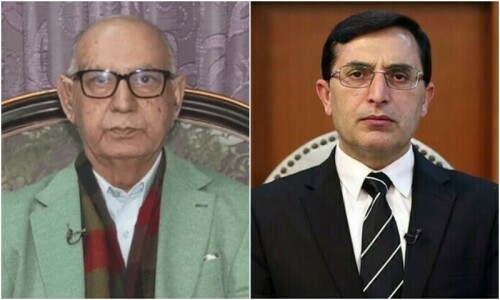





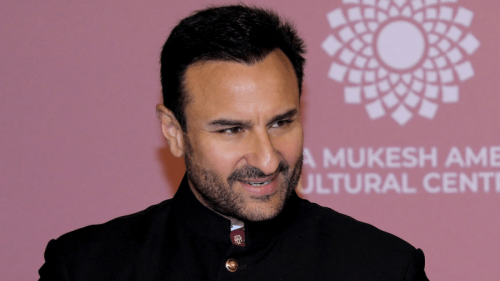













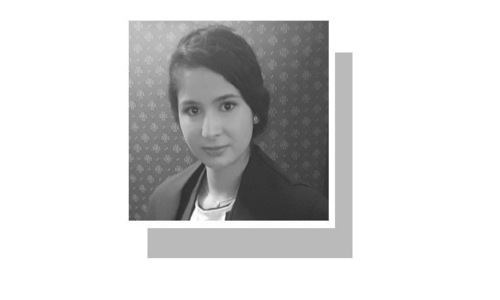
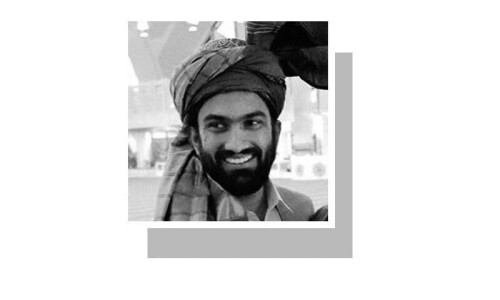




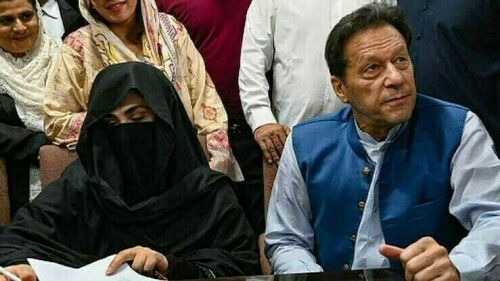

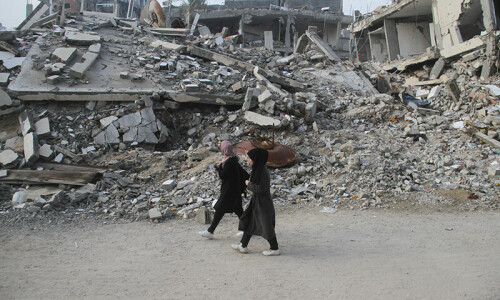



Dear visitor, the comments section is undergoing an overhaul and will return soon.